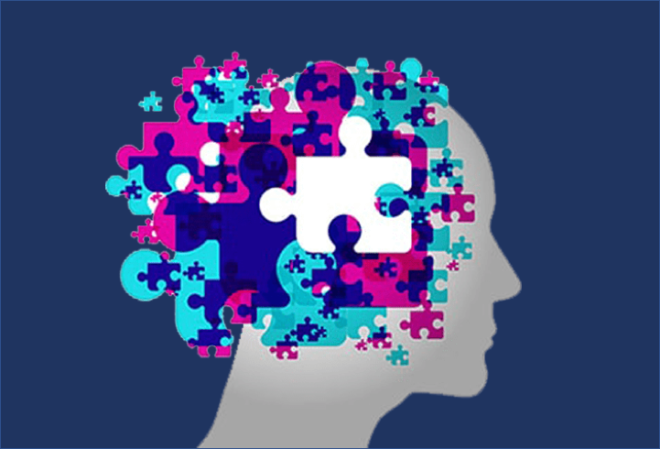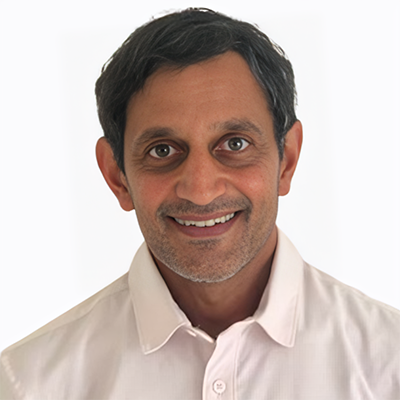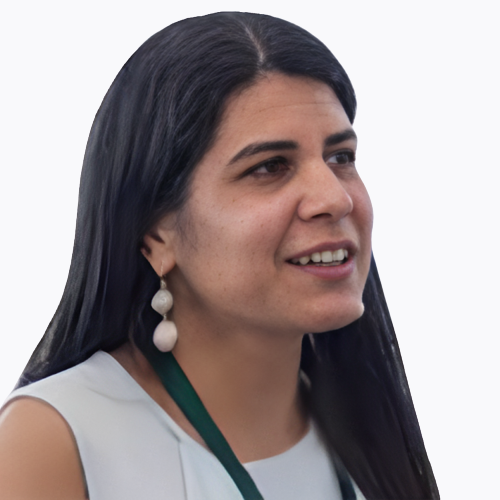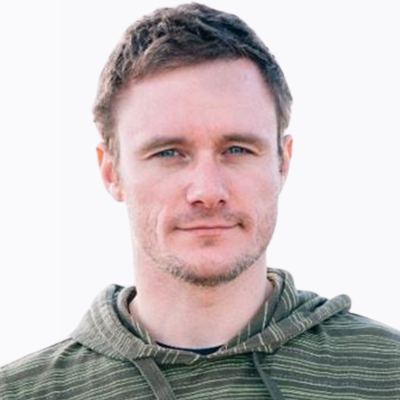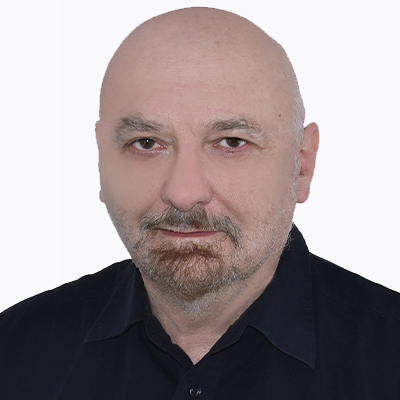The Future of Mental Health Symposium: Measurement, Treatments and Therapies was held on Nov 2nd and 3rd. Key learnings are summarized here.
This week we present a summary of insights from our recent symposium. For those who are registered the videos of talks and panels are now available through the symposium login.
Measurement and Assessment in Mental Health
Mental health disorders are defined based on grouping of symptoms. Thus, how consistently we define a disorder depends on various factors from the consistency of how clinicians interpret and emphasize symptoms, how we individually interpret the emotional and behavioral constructs that these symptoms represent, and the consistency of diagnostic screening tools. Speakers discussed each of these aspects.
Dr. Eiko Fried, Assistant Professor in Clinical Psychology at Leiden University in the Netherlands, talked about challenges in measurement of mental health, the extreme variability in diagnosis by physicians, and the initiative to develop standards for mental health screening and diagnosis.
Dr. Yukiko Uchida, Professor of Social and Cultural Psychology at Kyoto University in Japan spoke about differences in the perception of happiness in Japan and Korea compared to Western countries and how these cultural differences impact how people respond to questions about their mental health.
Dr Jennifer Newson, Lead Scientist for Cognitive and Mental Health at Sapien Labs, spoke about how existing tools used to assess mental health are highly heterogeneous, creating ambiguity and bias in research and clinical outcomes, and the development of the MHQ, a standardized transdiagnostic tool.
The panel discussion probed the challenges around defining constructs of emotion and behavior, the consequences of the heterogeneity of diagnosis, and the need for practical approximations.
Key Learnings:
- There is an enormous lack of standards in diagnosis in mental health that impacts outcomes.
- Measurement is the foundation of mental health diagnosis, but too often people jump to providing solutions, without first identifying the real problems that people are facing.
- Taking into account a person’s demographics as well as their lifestyle, life experience and cultural context is critical to assessing and managing their mental health.
- Assessing mental health and wellbeing along a continuum, rather than as discrete disorders offers a holistic perspective that is more reflective of a person’s mental wellbeing.
Brain Physiology to Behavior
Finding the links between brain physiology and emotional, cognitive and behavioral outcomes has been an elusive quest for decades. This session delved into some of the efforts to overcome this from novel EEG parameters that predict disordered states such as schizophrenia to machine learning approaches to depression.
Dr. Oren Shriki, Principal Investigator at Ben-Gurion University of the Negev in Israel, discussed the latest findings around a novel EEG metric called the branching parameter that are being used to understand mental health conditions at the level of the brain from sleep disorders to schizophrenia.
Dr. Amit Etkin, CEO of Alto Neuroscience and Professor of Psychiatry and Behavioral Sciences at Stanford University, discussed research using machine learning to predict potential drug efficacy in patients with depression and guide treatment decisions.
Dr. Vladimir Miskovic, Senior Research Scientist, Google X, spoke about their latest venture, Project Amber, where they have developed scalable EEG hardware and used it to better understand depression. X announced that they will be donating 50 Amber prototype devices to Sapien Labs for use in our Human Brain Diversity Project.
The panel discussion delved into the many scientific unknowns in relating brain physiology to mental health outcomes, the structural inefficiencies in taking research to market, and the key challenges that lie ahead. Specifically discussed were the difficulty of working with small datasets, the need for large scale EEG data even with fewer number of electrodes and the lack of correspondence of metrics with individual symptoms.
Key Learnings:
- Exploring novel metrics of the EEG signal could yield better results.
- Treatment decisions for mental health disorders are often made on a trial and error basis. Machine learning applied to brain metrics may help ascertain the most effective treatment decisions for depression
- There are yet many challenges ahead to understand mental health at the level of the brain and larger clinical data can help move this effort forward.
Digital Tools for Mental Health
Digital tools for mental health have been rising in popularity. This session talks about uptake of digital tools, digital insights of the impact of Covid on mental health and the difficulty of evidence of efficacy.
Theresa Nguyen, Chief Program Officer and Vice President of Research and Innovation at Mental Health America, shared data on the enormous change in mental health status since the onset of COVID lockdowns and the importance of ensuring that digital and online tools are fully inclusive and appropriate for diverse populations.
Dr. Neil Leibowitz, Chief Medical Officer at Talkspace, discussed the significant increase in use of online teletherapy following the onset of COVID lockdowns, the need to move towards more evidence-based therapies and the challenges of conducting large scale research studies.
Dr. Helen Christensen, Director & Chief Scientist at the Black Dog Institute in Australia, discussed advances being made in digital health apps, providing different examples of apps developed by the Black Dog Institute.
The panel explored the challenges of apps for mental health, particularly for prevention of onset of disorders, the need for more inclusive design of apps, and the challenge of apps competing for attention with video games and other digital entertainment.
Key Learnings:
- When choosing digital solutions that can support the mental wellbeing it’s important to consider whether they are appropriate for a diverse workforce.
- Online and tele-based therapy is growing in popularity and can enhance access.
- A new era of mental health therapy is emerging based around digital tools. However, the rapid growth in available apps also emphasises the importance of selecting apps that have been properly validated for their effectiveness.
The Challenges of Psychiatric Drugs
Hardly a couple new psychiatric drugs have been approved for sale in the last 70 years. This session looks at the new vista of psychedelics as new treatment opportunities.
Dr. Mitul Mehta, Professor of Neuroimaging & Psychopharmacology, King’s College London, presented latest finding on the brain mechanisms of Ketamine and its promise as a treatment for treatment resistant depression.
Dr. Ekaterina Malievskaya, Chief Innovation Officer and Co‑founder at Compass Pathways, discussed the founding of Compass Pathways and the clinical trial that is underway for Psilocybin-Assisted Therapy as a treatment for depression.
The panel explored the challenges of clinical trials from cost and structure to the need to see patients not as subjects but as key stakeholders in the design and process of testing drug outcomes. It also discussed the opportunity to use psychedelics such as psilocybin and ketamine to understand the relationship between molecules and mind and open new vistas for drug discovery.
Key Learnings:
- Psychedelic molecules such as Ketamine and Psilocybin are emerging as the most promising avenues for those experiencing some of the most severe challenges.
- The combination of therapy assisted administration of psychedelics may represent a new paradigm for treatment.
- Psychedelics may offer an opportunity to probe the links between molecular effects and mind.

